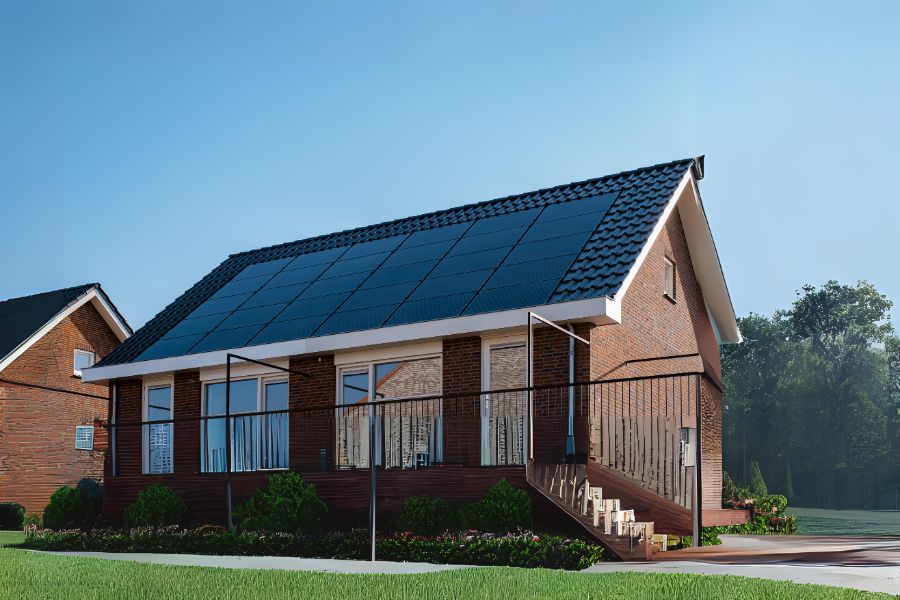Solar panels are a revolutionary technology that harnesses the power of the sun to generate clean, renewable electricity. Over the years, the popularity of solar panels has grown tremendously, driven by the many advantages they offer over traditional fossil fuel-based energy sources.
One of the key advantages of solar panels is their environmental friendliness. Unlike fossil fuels, which emit harmful greenhouse gases and pollutants when burned, solar panels generate electricity without producing harmful emissions. This makes solar energy an excellent choice for reducing carbon emissions and tackle climate change. Additionally, solar panels are a renewable and sustainable energy source, meaning that as long as the sun continues to shine, they can generate electricity indefinitely.
Another advantage of solar panels is their cost-effectiveness. Although the initial installation cost of a solar energy system can be relatively high, the cost of solar panels has decreased significantly in recent years, making solar energy more affordable. Additionally, once installed, solar panels have meagre maintenance costs and can generate electricity for many years without additional fuel costs.
In addition to being cost-effective, solar panels also offer energy independence and security. By generating their electricity with solar panels, homeowners and businesses can reduce their dependence on utility companies and the grid, which can be subject to outages and fluctuations in price. This can help create more stable and reliable energy systems that are less vulnerable to disruptions.
Furthermore, installing and maintaining solar energy systems can create local jobs in the renewable energy industry. This can stimulate local economies and provide new opportunities for workers in the green energy sector.
While solar panels offer many advantages, some challenges must be addressed. For example, the efficiency of solar panels can be impacted by weather conditions such as cloud cover, and the cost of solar panels can still be a barrier for some people. However, as technology continues to improve and prices continue to decrease, solar panels are becoming an increasingly viable and sustainable source of electricity for homes, businesses, and communities worldwide.
In conclusion, solar panels represent a groundbreaking technology that has the potential to transform the way we generate and use electricity. With their many advantages, including their environmental friendliness, cost-effectiveness, energy independence, and job creation potential, solar panels are poised to play an increasingly important role in our energy systems in the future.





